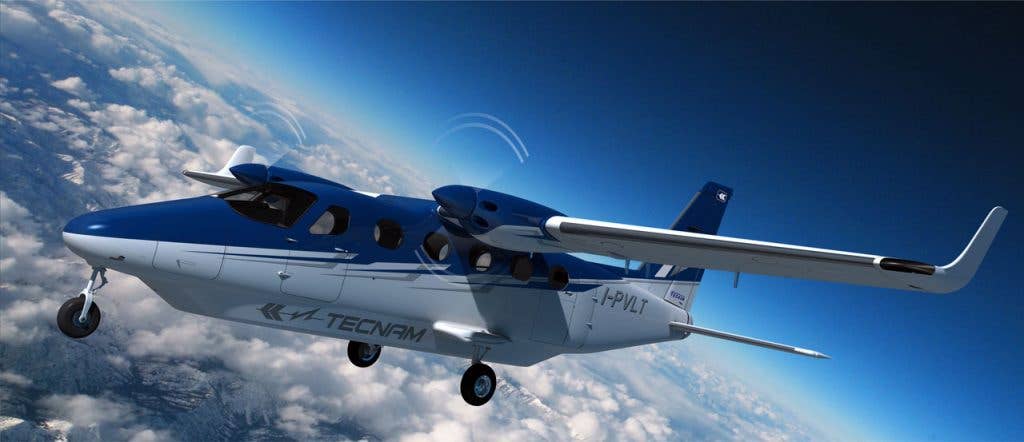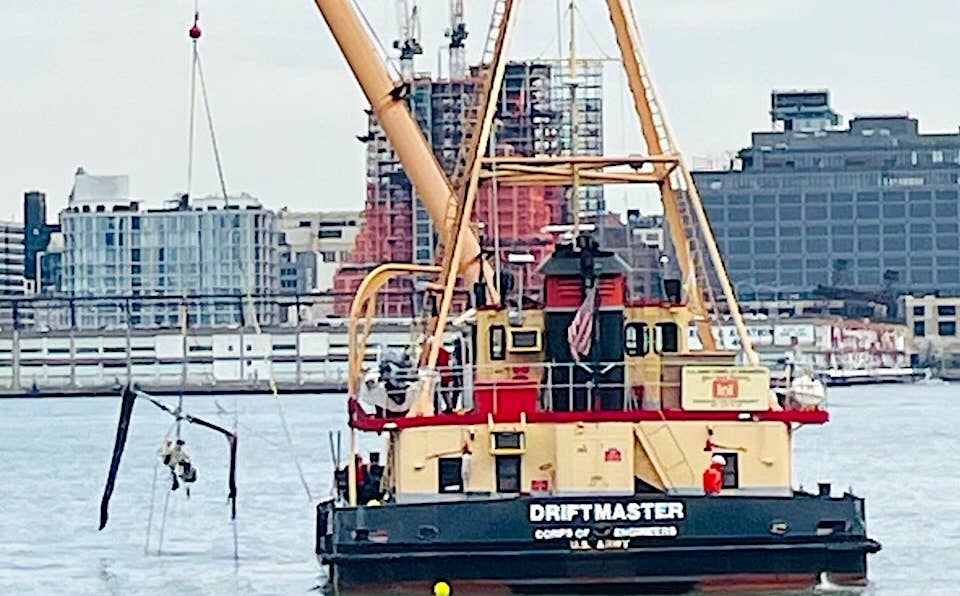Tecnam ‘Postpones’ All-Electric P-Volt Development Program
Tecnam announced this morning it is suspending developmental work on its all-electric P-Volt. “Tecnam has concluded that the time for P-Volt is not yet ripe,” the company announced, “although research…

Image: Tecnam
Tecnam announced this morning it is suspending developmental work on its all-electric P-Volt. “Tecnam has concluded that the time for P-Volt is not yet ripe,” the company announced, “although research activities will continue to explore new emerging technologies.”
Capua, Italy-based Tecnam’s previous research involving electric flight includes the H3ps hybrid aircraft, based on its P2010 four-seat piston model. The company asserts it has examined energy storage issues and “realistic” five-year developments. Tecnam said it excludes “technological revolutions that no one can speculate on.”
Tecnam expressed concern over the performance of batteries at the end of their service life and the effect that scenario would have on industry acceptance of the technology. “The proliferation of aircraft with ‘new’ batteries would lead to unrealistic mission profiles that would quickly degrade after a few weeks of operation, making the all-electric passenger aircraft a mere ‘Green Transition flagship’ rather than a real player in the decarbonization of aviation.”
By Tecnam’s calculations, even the most optimistic projections, involving slow charge cycles and potential caps on the maximum charge level per cycle, show that storage capacity would fall below 170 watt-hours per kilogram of battery weight. “Only a few hundred flights would drive operators to replace the entire storage unit, with a dramatic increase in direct operating costs due to the reserves for battery replacement prices,” according to the company’s statement.
Tecnam Chief R&D Officer Fabio Russo said, “It has always been our culture to commit to achievable goals with customers and operators, and we intend to keep that promise. We hope that new technologies will make businesses viable sooner rather than later, and we have real confidence in our partners’ ability to bring highly valuable products to the zero-emission powertrain and energy storage arena.”






